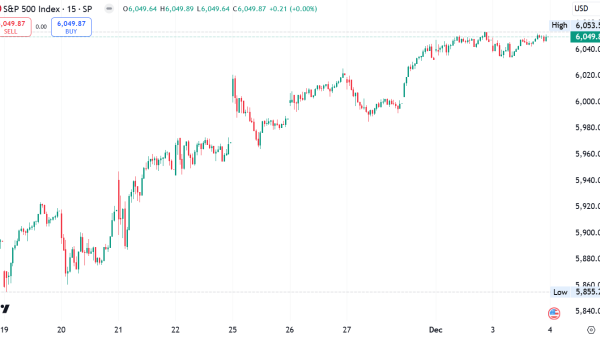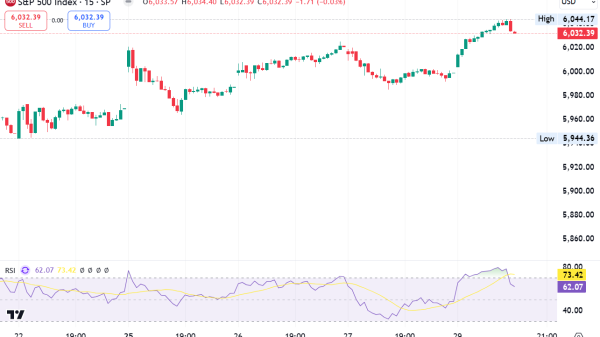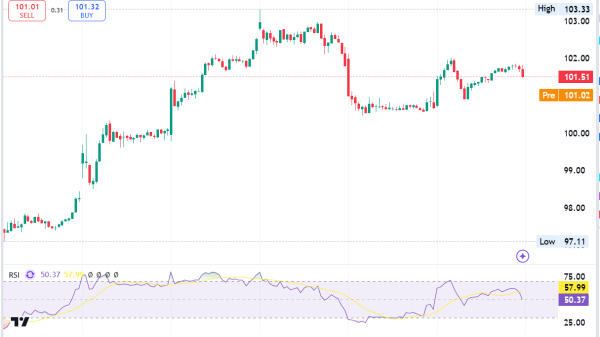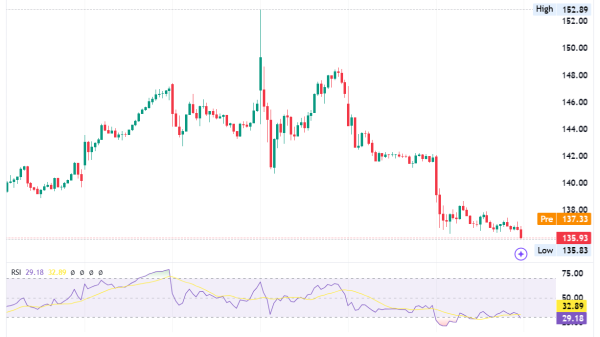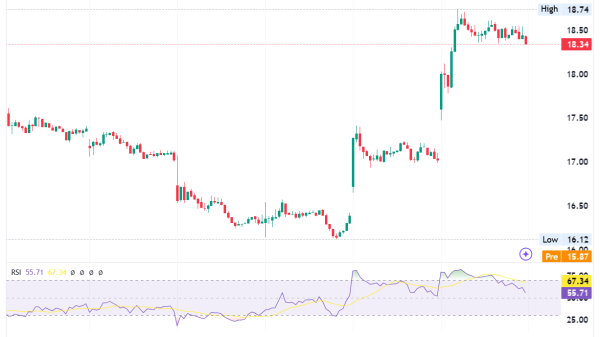What Is The Debit Balance of The Trading Account?
Today, we will address the question ” what is debit balance of trading account” and discuss its answer.
When the trading account shows a debit balance, it means that the costs of goods sold (COGS) and other related expenses are higher than the sales revenue, which results in a loss for the business during that period.
This financial state can indicate several underlying issues within the business operations. For example, poor sales performance or high cost of production.
Business owners, accountants, and stakeholders should know what the debit balance of a trading account indicates and what it makes so important.
But before we start, let’s explain some basic concepts to get a better grasp.
Basic Facts About Trading Account
The trading account is an important income statement component used primarily in trading and manufacturing businesses to calculate the gross profit or loss for an accounting period. It records the direct costs of producing goods and the revenue from selling them.
The key components of a trading account include:
Opening stock: The inventory value at the beginning of the accounting period.
Purchases: The total cost of goods purchased during the accounting period.
Direct expenses: Costs directly related to the production process, such as labour wages, freight charges, and import duties.
Closing stock: The inventory value at the end of the accounting period.
Sales: The total revenue generated from selling goods during the accounting period.
To sum up, when the expenses and cost of goods sold surpass the revenue from sales, the result is a debit balance, indicating a gross loss.
Why Is It So Important To Identify The Causes?
Several factors can contribute to a debit balance in the trading account. Identifying these causes is vital to address the underlying issues and improve the business’s financial performance.
High cost of goods sold (COGS): If the cost of producing or purchasing goods is high, it can significantly impact profitability. Factors contributing to high COGS include increased material costs, inefficient production processes, or higher labour costs.
Inefficient inventory management: Poor inventory management can lead to overstocking or stockouts, both of which can increase costs. Overstocking ties up capital and increases storage costs, while stockouts can result in lost sales and customer dissatisfaction.
Low sales revenue: Insufficient sales revenue can result from various factors, such as decreased demand. We must also mention ineffective marketing strategies, strong competition, or poor product quality. Covering costs and expenses becomes challenging when sales revenue declines, leading to a gross loss.
Increased direct expenses: Direct expenses such as labour, transportation, and utilities can fluctuate. If these expenses increase without a corresponding increase in sales revenue, it can contribute to a debit balance in the trading account.
Pricing strategy: An inappropriate pricing strategy, such as setting prices too low to attract customers, can reduce profit margins. While low prices may increase sales volume, they might not be sufficient to cover the costs and expenses, leading to a loss.
What Could Have Gone Wrong?
A debit balance in the trading account has several implications for the business.
Financial loss: Unsurprisingly, the most direct implication is that the business has incurred a financial loss during the accounting period. This loss reduces the overall profitability and can affect the business’s ability to reinvest in operations, pay dividends, or meet financial obligations.
Cash flow issues: A debit balance can lead to cash flow problems. If the business isn’t generating enough revenue to cover its costs, it may struggle to pay employees and other expenses, leading to liquidity issues.
Reduced investor confidence: Consistent losses can erode investor confidence. Investors and stakeholders may lose faith in the business’s ability to generate profits, potentially leading to decreased investment and difficulties in raising capital.
Creditworthiness: A business with a debit balance may find it challenging to secure credit or loans. Lenders are typically cautious about extending credit to unprofitable businesses, affecting the company’s ability to finance operations or expansion.
Lastly, businesses may need to make significant operational adjustments to address a debit balance. For example, companies may be forced to cut costs or to take measures.
Strategies To Address A Debit Balance In The Trading Account
Businesses must adopt strategies to increase revenue and reduce costs to rectify a debit balance in the trading account. Let’s discuss several options:
Cost control: Implementing stringent cost control measures can help reduce the cost of goods sold and direct expenses. This might involve negotiating better terms with suppliers, optimizing production, or reducing waste.
Enhancing sales: Boosting sales revenue through effective marketing strategies, expanding the customer base, improving product quality, or diversifying the product line can help increase revenue and offset costs.
Efficient inventory management: Adopting inventory management techniques such as regular stock audits and demand forecasting can help maintain optimal inventory levels.Thanks to techniques it is possible to reduce storage costs.
Reviewing pricing strategies: Reassessing pricing strategies to ensure they align with market conditions and cost structures can help improve profit margins. This may involve competitive pricing analysis, value-based pricing, or adjusting prices based on demand elasticity.
Financial planning: Regular financial analysis and planning can help identify trends, forecast future performance, and develop strategies to address financial challenges. This proactive approach allows businesses to make informed decisions and take timely corrective actions.
In conclusion, a debit balance in the trading account indicates financial distress, signalling that the business’s expenses surpass its revenue from sales.
By implementing effective cost control, enhancing sales strategies, and improving operational efficiency, businesses can address a debit balance and work towards achieving financial stability and profitability.
The post Debit Balance of Trading Account: Overview and Management appeared first on FinanceBrokerage.





















